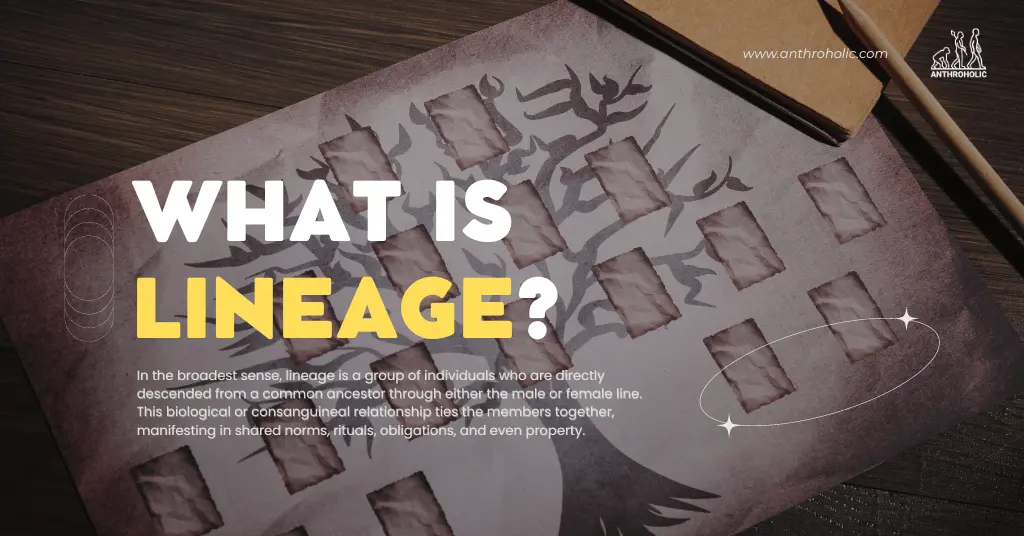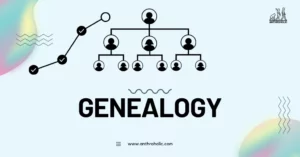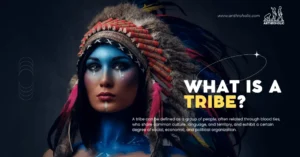AI Answer Evaluation Platform Live Now. Try Free Answer Evaluation Now
Lineage
Lineage, a term often employed in anthropological, sociological, and genealogical discussions. It refers to the kinship relations traced through certain links of descent or lineage systems. To appreciate anthropology fully, one must apprehend the concept of lineage, its types, features, and significance.

What is Lineage?
In the broadest sense, lineage is a group of individuals who are directly descended from a common ancestor through either the male or female line. This biological or consanguineal relationship ties the members together, manifesting in shared norms, rituals, obligations, and even property.
Lineage forms the backbone of kinship systems, essentially shaping societies’ social organization and relationships. Although the precise definitions and features can vary based on cultural contexts and traditions, the core concept remains the same.
Types of Lineage
Lineage in anthropology can be mainly classified into two types based on the line of descent: patrilineal and matrilineal.
Patrilineal Lineage
In a patrilineal lineage, descent and inheritance are traced through the male or father’s side. This system is prevalent in many societies worldwide, including large parts of Asia, the Middle East, and Africa.
Matrilineal Lineage
Contrarily, matrilineal lineage follows the female or mother’s line. In such societies, one’s clan or family identity is derived from the mother. This system is less common than the patrilineal lineage, but it can be found in societies like the Minangkabau of West Sumatra, Indonesia, and the Mosuo people in China.
Features of Lineage
Lineage systems, whether patrilineal or matrilineal, share some common features:
- Common Ancestor: Lineages are defined by a common ancestor, connecting all members of the group biologically. This ancestor can be a real or mythical figure from whom all lineage members claim descent.
- Shared Identity: Lineage bestows a shared identity to its members. This identity can be expressed in the form of a common name, emblem, or a totem.
- Collective Ownership: Often, lineage groups hold collective rights to property or resources, ensuring their shared survival and prosperity.
- Ritual and Normative Obligations: Members of a lineage are bound by shared customs, rituals, and responsibilities towards each other. These may include mutual support and protection, maintaining genealogical records, and conducting rituals in honor of the common ancestor.
The Importance of Lineage
The concept of lineage has pervasive influence in anthropology and human societies, with implications in several spheres:
- Social Structure: Lineage shapes the social structure, dictating relationships, hierarchy, and responsibilities within a society. It also plays a crucial role in the formation and functioning of clans and tribes.
- Cultural Practices: Lineage influences cultural practices, including marriage customs, burial rites, and celebrations. It often determines the rules of exogamy (marrying outside the group) or endogamy (marrying within the group).
- Resource Distribution: Lineage often impacts the distribution and ownership of resources, land, and property within a society.
- Identity and Belonging: Lineage provides a sense of identity and belonging. It helps individuals understand their place in society and their connection to their past.
Case Studies
The Minangkabau People of Indonesia
The Minangkabau, residing in West Sumatra, Indonesia, form one of the world’s largest matrilineal societies. Here, property and land are passed from mother to daughter. Children are considered part of the mother’s clan, and even after marriage, men continue to live in their mother’s house (Goody, 2005).
The Maasai People of Kenya and Tanzania
The Maasai, an ethnic group in East Africa, exhibit a patrilineal system. They follow age-set systems, where men of similar ages form distinct groups, each with its roles and responsibilities. This creates an intergenerational bond among the male members, tying them to their lineage (Spencer, 2004).
Conclusion
Lineage in anthropology is a fascinating topic that offers deep insights into the intricacies of human social organization. It shapes societies and cultures, carving out rules for relationships, customs, resource distribution, and individual identities. Although the specifics of lineage systems may vary across cultures, their ubiquitous influence is a testament to the significance of this concept in understanding human societies and cultures.
References
- Goody, J. (2005). The Changing Family in Comparative Perspective: Africa and Asia. The Developmental Cycle in Domestic Groups. Cambridge University Press.
- Spencer, P. (2004). The Maasai of Matapato: A Study of Rituals of Rebellion. Routledge.



